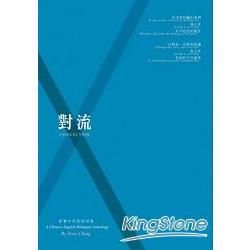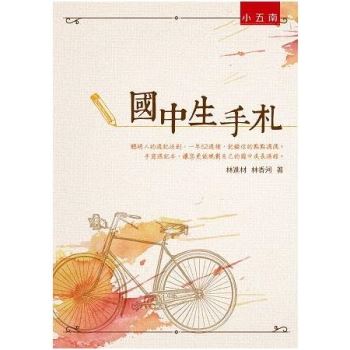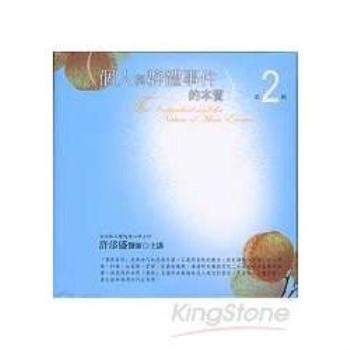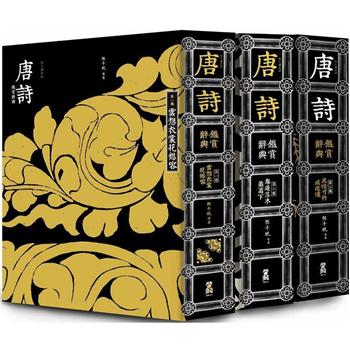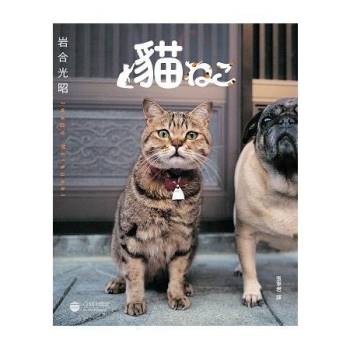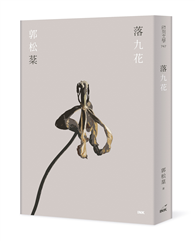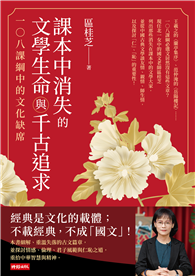前言
從一九五○年代末起,我就開始翻譯若干英美詩人的詩,全憑興趣,並無系統。最引以為榮的是,所譯美國詩人佛勞斯特(Robert Frost)的詩,有六首被納入《美國詩選》(一九六一,今日世界社出版),和梁實秋、張愛玲、余光中等等的譯作同列。其後,我因公務繁忙、出國深造、繼而到聯合國工作,少再迻譯。其中有好多年,連詩也少寫,不要說翻譯了。
迄至上世紀末,我從聯合國、科羅拉多州立大學、以及國際顧問工作退休以後,又漸漸對譯詩恢復興趣。先是,在二○○四年,將友人余光中、馬嵬、陶忘機(John J.S. Balcom)等歷年來譯我的詩,交香港銀河出版社出版。集名《夏菁短詩選》。近年來,因參加了在美唯一的中、英雙語網路詩刊〈詩天空〉(Poetrysky),就開始認真地英譯自己的詩。
我覺得譯自己的詩,至少有兩個好處。第一,將兩種文字對比,常常使我認知中文在時態和主詞上的曖昧,從而對我中文詩的創作,有所警惕。第二是譯自己的詩,享有一種自由度,可以在不損原意的前提下,遣句選字,享有彈性。我喜用淺顯的語言來寫詩,因此,翻譯起來,並不過份困難;至於是否典雅,只能由讀者去判斷。
這本集子分成三輯。第一輯是英譯我自己的中文詩,共三十首。第二輯是我中譯英美詩人的作品,計二十三首。最後一輯是友人英譯我的詩,包括以前未能納入《夏菁短詩選》的以及新譯者,共二十首。這一輯的詩大多已在中華民國筆會的季刊上刊載過。
人說:詩是不能翻譯的。我相信譯者只要盡力而為, 使譯文盡量接近原作即可。我覺得,中、英詩對照排列,猶如大氣的對流(一個是外來、一個是當地),這本詩集是否會激起詩天空的一點火花和回響,將拭目以待。馬嵬、Dona Stein、黃用、〈詩天空〉主編韓怡丹(綠音)、及編輯 K.D. Anderson 諸位潤飾或編輯我的英譯,感激不盡。余光中、馬嵬、陶忘機、王季文等位迻譯我的中文詩,以及〈筆會〉、〈詩天空〉等刊出這些詩;盛杭英的協校此書,在玆一併致謝。
二○一四年二月四日
可臨視堡
Preface
I started translating some English and American poems into Chinese from the late 1950’s, purely for personal interest. I felt most honored when my translations of six Robert Frost poems were published in the Anthology of American Poetry (World Today, Hong Kong, 1961) alongside with several famous writers including Professor Liang Shih-chiu, Yu Kwang-chung, and Eileen Chang. However, throughout the following two decades, because of my professional duty, studying in the United States, and working at FAO of the United Nations, I gradually produced less poems, let alone translations.
Towards the end of last Century, when I retired from UN, fromteaching at Colorado State University and international consulting work, I revived my interest in translations. First, I collected English translations of my poems by Professor Yu Kwang-chung, Wei Ma, John J.S. Balcom and others, and published them in Selected Poems of Hsia Ching (The Milkway Published Co., Hong Kong, 2004). Recently, I joined the Poetrysky Journal, a Chinese-English poetry website magazine, and started seriously to translate my own poems into English.
I discovered some advantages in translating my own poems. First, a close comparison between two languages often detects the structural ambiguities of the Chinese (i.e. the lack of tenses and subjects). This makes me more aware of my own writing of Chinese poems. Secondly, translating own poems could enjoy the flexibility and freedom of word choice as long as the original meaning is not impaired. I often use simple and common language in my Chinese poems. Therefore, less difficulties are encountered when translating them into English. Whether they are elegant or not are for the readers to judge.
This anthology contains three parts. The first part includes thirty of my poems which are translated into English by myself. The second part contains twenty three English poems which I translated into Chinese. The last part consists of twenty of my poems translated by my friends into English. These translations are not included in my previous publication and the majority of them have been published in the Quarterly Journal of Contemporary Chinese Literature by the Taipei Chinese Center, International PEN.
People say poetry cannot be translated. But I believe that what a translator can do is to do his or her best to make the translation as close to the original work as possible. I also feel that bilingual poems presented on opposite pages resemble the air convection of the atmosphere (one foreign and one native). Whether this volume will eventually cause some sparks and echoes in the poetry sky remains to be seen.
I am deeply indebted to Messrs Wei Ma, Dona Stein, Charles Huang, and Poetrysky Journal’s Yidan Han and Kyle D. Anderson for their editing of my English translations. Also, I sincerely thank Messrs. Yu Kwang-chung, Wei Ma, John J.S. Balcom, C.W. Wang, for their translations of my poems into English. Thanks are also due to The Taipei Chinese PEN and Poetrysky Journal for publishing these poems and, finally, to Julietta Sheng, my granddaughter, forher assisting in editing and proof reading of this volume.
Hsia Ching
February 4, 2014
Fort Collins, Colorado
